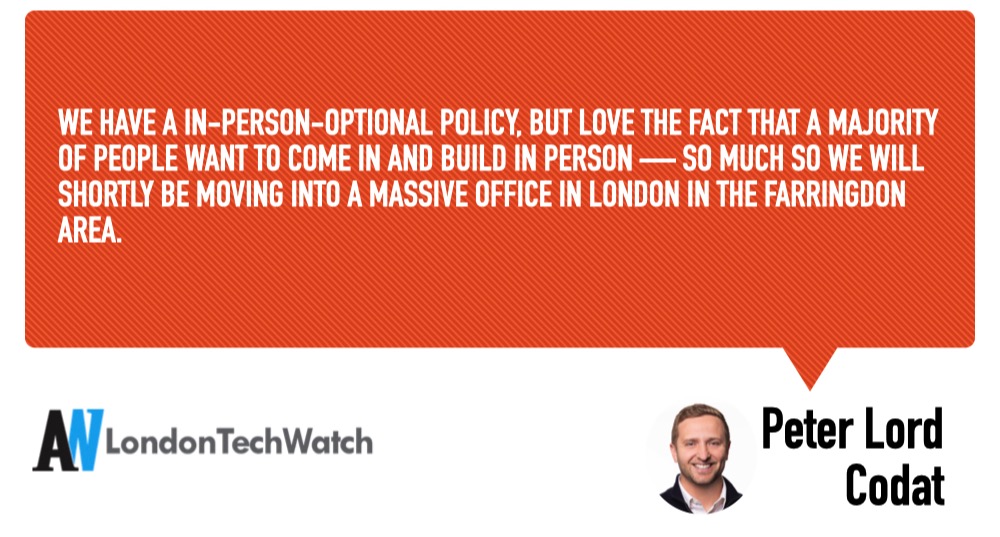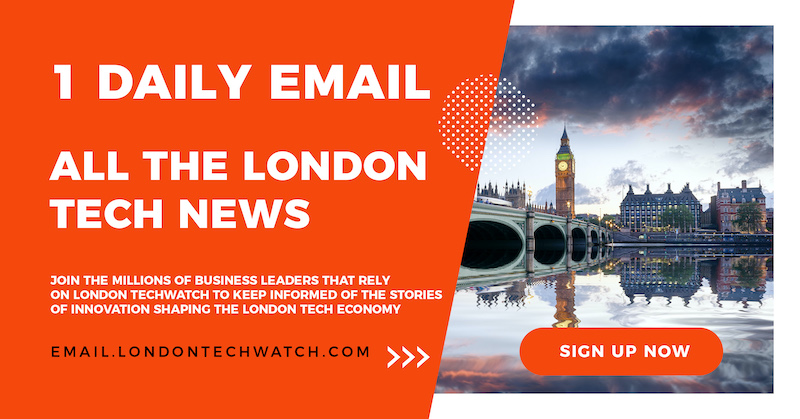Open Banking has represented a monumental shift that is going to define the future of fintech. It allows banking institutions to provide better customer service and support to their customers and improve retention by embedding themselves into a customer’s banking workflows. For third parties like developers, it enables them to penetrate the walled garden that legacy banking institutions have historically enjoyed, allowing them to incorporate data to create innovative solutions across the financial spectrum whether it be for accounting, lending, or other use cases. The possibilities are endless. Most of the attention in the open finance paradigm has been focused on consumer and retail banking solutions. Codat is focused on the needs of small business and small business data, enabling fintech companies and banking institutions to develop specific solutions to serve their SMBS customers through its networked data APIs. The platform can connect with and integrate data from the most popular financial, SaaS, accounting, and commerce platforms like Netsuite, Quickbooks, Xero, Paypal, Stripe Shopify, Clover, WooCommerce, and Sage to name a few, making it a truly universal platform. As established banking providers and neobanks are all looking to expand their banking ecosystems and extend their reach horizontally, Codat represents the solution to do so without having to worry about individualized integrations and custom buildouts, especially considering that small businesses on average use 75 apps and these apps rarely communicate with one another natively. Codat’s interoperability capabilities drive its 200+ customers like Brex, Plaid, and Pie to offer more capabilities to customers and an improved, seamless experience through a growing number of integrations.
London TechWatch caught up with Codat CEO and Cofounder Peter Lord to learn more about the business, the company’s strategic plans, latest round of funding, which brings the total funding raised to $170M, and much, much more…
Who were your investors and how much did you raise?
We’ve just raised our $100M Series C led by JP Morgan Growth Equity Partners. Canapi Ventures and Shopify also joined the round. Existing investors Index Ventures and PayPal Ventures also participated in the round.
Finally, we’re also excited to share that Plaid is an investor in Codat.
Tell us about your product or service.
We provide a universal API for small business data. That means we enable software providers and financial institutions to quickly build integrated products for their small business customers.
 What inspired the start of Codat?
What inspired the start of Codat?
I was a software engineer working to build integrations at MarketFinance. One of our biggest challenges in servicing SMBs and offering credit was being able to access the right data. The process of building those integrations in-house was expensive and labor-intensive, so I wanted to change that.
We started Codat to solve the problem of being able to access accurate real-time data for underwriting but quickly realized that data connectivity can solve a far greater number of problems for SMBs.
How is it different?
Fintechs serving small businesses have been a bit of a mixed bag. While there have been remarkable advances in solutions available to SMBs, most of these do not speak to each other. This leaves small business owners spending hours a week correcting info.
Codat is changing all that with the data network that underpins small business activity, from forecasting sales to applying for loans and paying staff.
What market you are targeting and how big is it?
Codat is a great fit for any kind of company looking to improve its offerings for its SMB customers. That means we actually have a pretty broad range of clients, from the world’s largest banks to growing fintechs to SaaS, lending, and payments companies.
What’s your business model?
Like other API business models, developers can try Codat for free, and then we charge based on a combination of volume and number of linked companies.
What are your post-COVID office plans?
We have an in-person-optional policy, but love the fact that a majority of people want to come in and build in person — so much so that we will shortly be moving into a massive office in London in the Farringdon area.
What was the funding process like?
We were lucky in that we already had a great existing relationship with the investors we worked with. JP Morgan, Shopify, and Plaid are already partners, clients or collaborating with Codat, which is especially gratifying.
What are the biggest challenges that you faced while raising capital?
I’d say the biggest challenge was that we were raising while growing significantly, which is a good challenge to have but also operationally complex, especially taking time to do the capital raise. .
What factors about your business led your investors to write the check?
It was a combination of our strong business performance and the size of the market opportunity ahead of us. What was most exciting about this announcement is that JP Morgan, Plaid and Shopify are some of the most successful companies in our industry and so they have a deep understanding of both the immense value to their customers of opening up small business data and the technical complexities to make that happen.
What are the milestones you plan to achieve in the next six months?
We believe strongly in building in public, so our roadmap is open for all to see and weigh in on. We’ll use our Series C funds to incorporate many more integrations into our universal API, connecting to all types and providers of small business financial software across the globe.
We believe strongly in building in public, so our roadmap is open for all to see and weigh in on. We’ll use our Series C funds to incorporate many more integrations into our universal API, connecting to all types and providers of small business financial software across the globe.
What advice can you offer companies in London that do not have a fresh injection of capital in the bank?
Solve a problem in your industry and ruthlessly prioritize. From our years spent bootstrapping the business, we learned to operate in a lean capital environment, which I think leads to good business practices for any leader.
Where do you see the company going now over the near term?
We’re planning to continue to invest in our platform with the goal of becoming the default means of sharing data for the small business economy.





